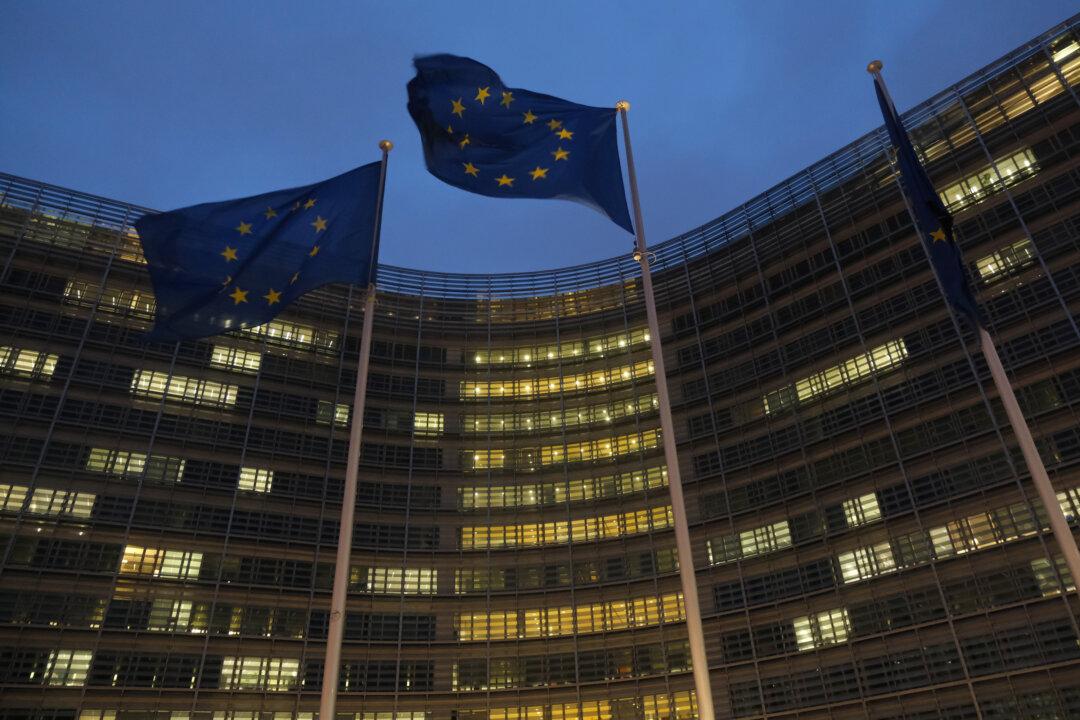BRUSSELS—Belgium said on Oct. 30 it denied a residence permit to the director of the Confucius Institute in Brussels, Xinning Song, who told Reuters he had been banned from entering the country because he was accused of espionage.
Dominique Ernould, spokeswoman for the Belgian interior ministry, said Song had been refused the permit needed to return to Brussels and his job at Vrije Universiteit Brussel’s (VUB) Confucius Institute, but declined any further comment, citing privacy.





